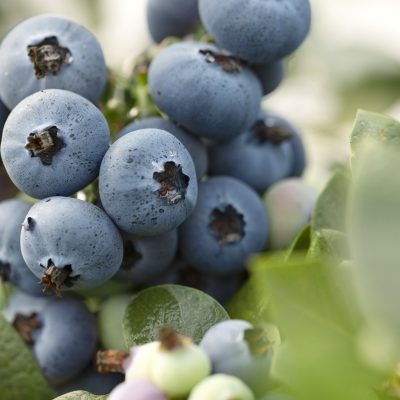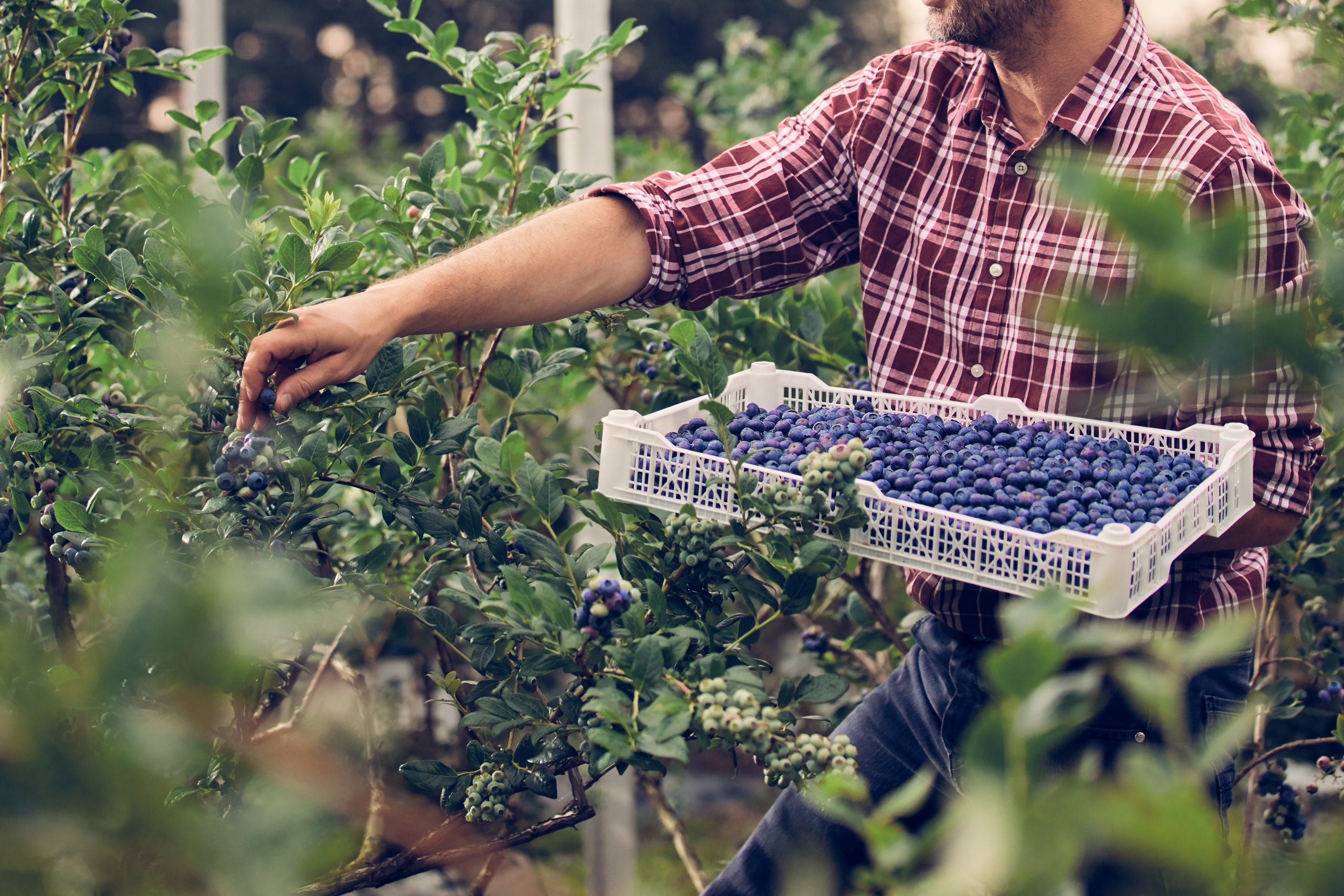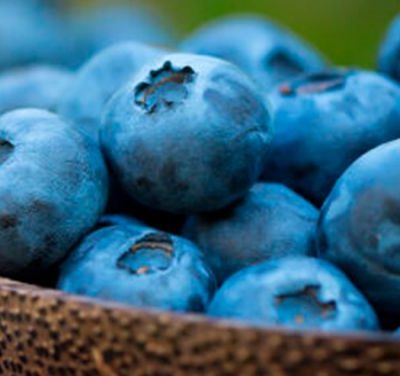Blueberry purchase supports economy, promotes health
 The U.S. Department of Agriculture announced last week that it plans to purchase $16 million worth of wild blueberries for federal food programs, according to U.S. Rep. Mike Michaud, D-Maine.
The U.S. Department of Agriculture announced last week that it plans to purchase $16 million worth of wild blueberries for federal food programs, according to U.S. Rep. Mike Michaud, D-Maine.
The purchase comes at the request of the Maine Wild Blueberry Commission and the urging of Congressman Michaud. The commission asked the USDA to purchase the blueberries due to an oversupply from Maine’s large crop of wild blueberries this year.
Providing wild Maine blueberries to federal food nutrition assistance programs – like food banks – means those who may not have access to such produce will get the benefits of this “super” fruit while supporting Maine’s economy.
Blueberries’ “superfood” status is due to the potential health benefits of regular blueberry consumption. Blueberries contain a wide range of phytochemicals, which are believed to provide antioxidant, anticancer, anti-neurodegenerative and anti-inflammatory properties, according to the Pennington Biomedical Research Center. The center’s report on blueberries is posted on the USDA website.
The report said there are also links to regular blueberry – and fruit – consumption and reducing one’s risk of neurodegenerative diseases like Alzheimer’s, heart disease and improving gastrointestinal function.
Aside from the many health benefits of blueberries, providing fresh produce to people in need of food assistance as well as education on how to use and prepare those products may lead to healthier choices for those families in the future. By teaching people about the benefit of eating fresh produce, today’s recipients of food assistance could be tomorrow’s frequenters of farmers markets.
The other clear benefit is the economic boost to Maine and one of its most vital industries. Maine has 60,000 acres of wild blueberries that grow naturally in fields and barrens that stretch along the Downeast coast to the state’s southwest corner, according to the University of Maine Cooperative Extension. In 2007, the economic impact of the wild blueberry industry in Maine totaled $250 million, according to the extension’s website.
Another major industry in Maine is lobster. And while many associate lobster with summer barbecues and events, Maine’s lobstermen work year-round.
Over the summer, Maine lobstermen had a surplus of lobster due to the good harvest, but the price dropped off to a decades-long low. When a similar situation cropped up a few winters ago, many organizations – including the University of Maine – stepped up to purchase lobster, incorporating them into student meals.
We hope these kinds of partnerships continue, so that Maine’s agricultural industries will remain strong and solvent.
The USDA is setting the right example by investing in a U.S.-grown product like blueberries with the added benefit of a healthy food for those in need of assistance.
Source: http://www.journaltribune.com




